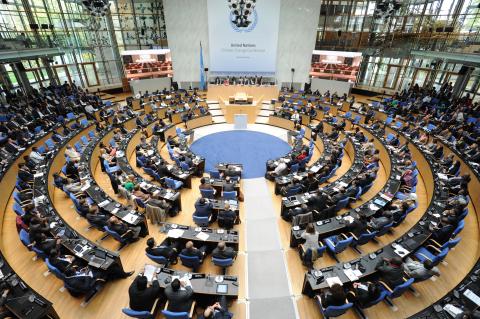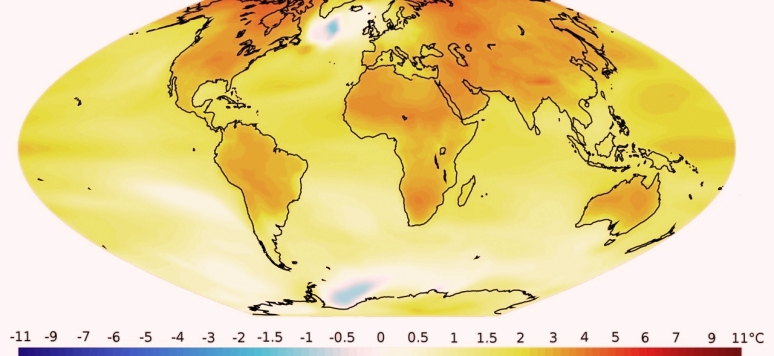Climate Action beyond COP21: from International Negotiations to Universal Mobilisation?

Practical information
In the run-up to COP21, Ifri is gathering key experts to discuss the future of climate action and identify what structural changes the Paris conference could trigger.

COP21 is set to become an important milestone in the history of international climate negotiations. Most of the large emitters have submitted national contributions (INDCs) and optimism is rising about the prospects of reaching a global agreement. At the same time, some express concerns that the overall level of ambition of this potential Paris agreement will not be enough to put the world on track to full decarbonisation.
Conference Agenda:
|
8:45-9:00 |
Registration and coffee |
|
9:00-9:05 |
Welcome address by Marie-Claire Aoun, Director of the Ifri Centre for Energy |
|
9:05-10:20 |
Presentations: Key challenges for COP21: what should be the core elements of the Paris agreement?
The aggregate effect of INDCs: what chances do we have to stay below the 2°C limit?
How to reflect contributions beyond parties' commitments? The Taiwanese experience
|
|
10:20-10:50 |
Discussion: Can COP21 trigger a massive wave of low carbon investments? Oliver Geden, Head of EU Research Unit, SWP Takashi Hattori, Head, Environment and Climate Change Unit, IEA Carole Mathieu, Research fellow, Centre for Energy, Ifri |
|
10:50-11:40 |
Q&A Session |
|
11:40-11:45 |
Conclusions by Marie-Claire Aoun (Ifri) |
Other events

Paris Naval Conference 2026: Naval Rearmament and Operations in Contested Waters
This fourth edition of the Paris Naval Conference (CNP), bringing together high-level military, industrial, and academic speakers, will address the challenges associated with general naval rearmament and naval operations in increasingly contested environments.





